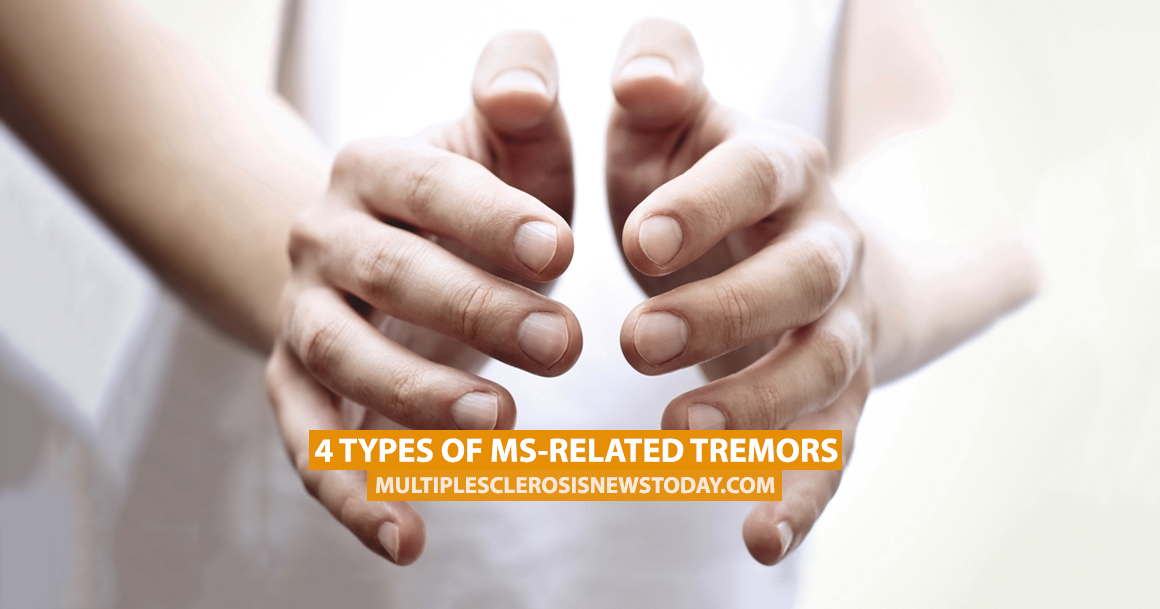4 Types of MS-Related Tremors

Tremors are a common symptom of multiple sclerosis, experienced by around three-quarters of people with the condition, and one that often makes sufferers feel quite self-conscious. For most, the tremors will be mild and occur infrequently, but for some, the tremors may be more severe.
There are four different types of tremors associated with multiple sclerosis, which are often referred to as cerebellar tremors:
MORE: MS patients may show signs of the disease five years before symptoms appear.
Intention Tremors
According to emaxhealth.com, these common tremors tend to occur when a person is towards the end of an act such as reaching for something or placing their foot and their finger or foot will begin to shake.
Postural Tremors
These are tremors that appear when a person is either sitting down or standing up, and the body is working against gravity. They will stop if the person lays down.
Nystamus Tremors
Nystamus tremors affect the eyes and cause jerking movements.
Resting Tremors
According to everydayhealth.com, resting tremors tend to occur more in people who have Parkinson’s disease, but it is not uncommon for those who have MS to also suffer from them. As the name suggests, the tremors occur when a person is resting.
Although there is no cure for tremors, there are ways that MS patients can manage them. Lifestyle changes such as avoiding stress, getting plenty of rest and not drinking caffeinated drinks may help those who suffer from mild tremors or help prevent them from beginning in the first place.
Some patients may be prescribed drugs such as beta blockers, anti-nausea, anti-anxiety, botox, and anti-seizure medications, although none have been approved for the treatment of tremors. Many find that occupational therapy and physical therapy helps with practical solutions for coping with tremors. In extreme cases, deep brain stimulation may be recommended.
MORE: Seven things people with MS want you to know about the disease.
Multiple Sclerosis News Today is strictly a news and information website about the disease. It does not provide medical advice, diagnosis or treatment. This content is not intended to be a substitute for professional medical advice, diagnosis, or treatment. Always seek the advice of your physician or another qualified health provider with any questions you may have regarding a medical condition. Never disregard professional medical advice or delay in seeking it because of something you have read on this website.






